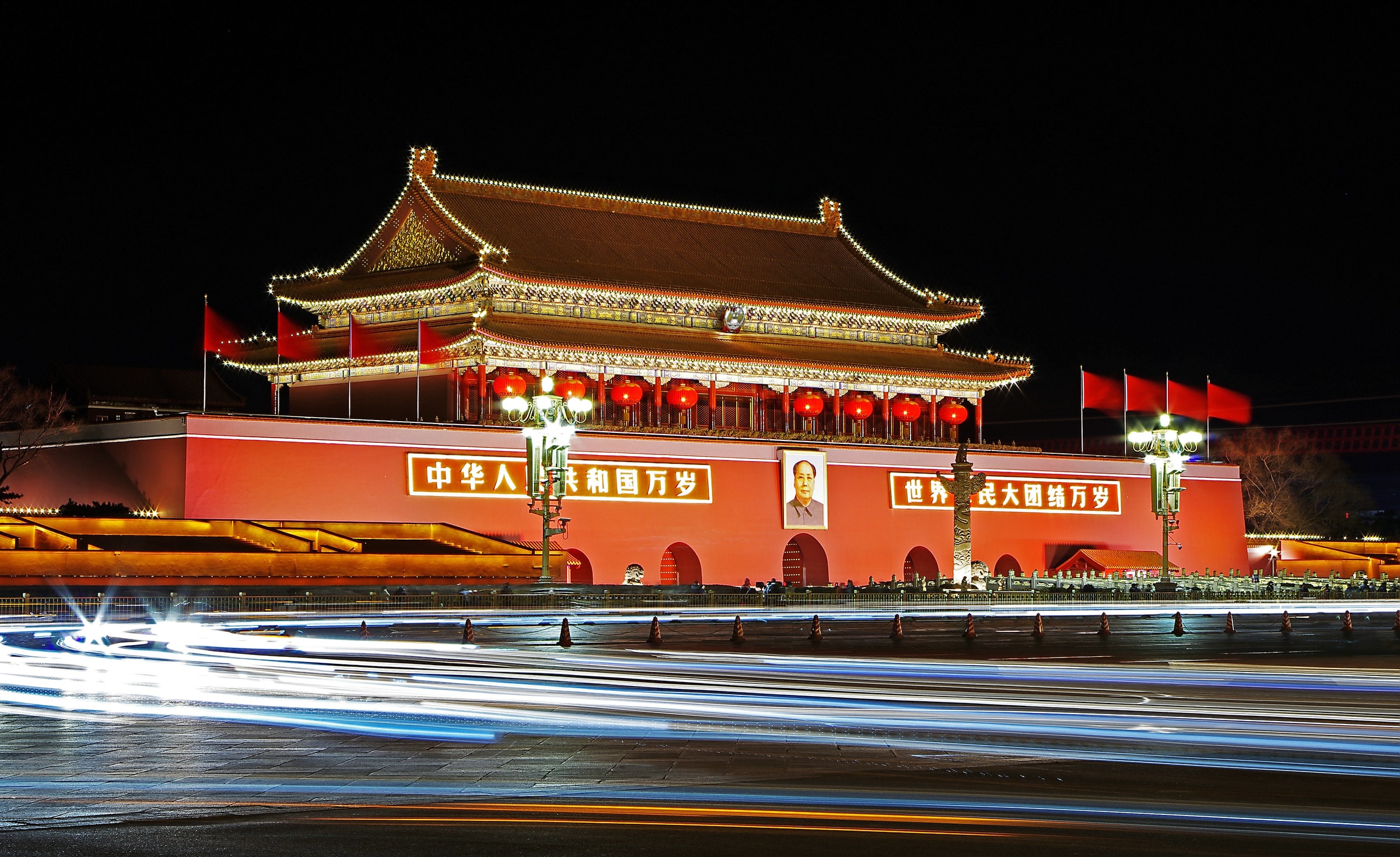 Google’s plans to expand its offering in China has historically been difficult between the country’s strict censorship laws and competitors already in the space. It shut down its search engine in 2010 because of China’s “limit [on] free speech on the web.”
Google’s plans to expand its offering in China has historically been difficult between the country’s strict censorship laws and competitors already in the space. It shut down its search engine in 2010 because of China’s “limit [on] free speech on the web.”
But recent news from a whistleblower indicates that Google plans to relaunch its search engine in China. The search results would be censored to comply with China’s government.
China’s Burgeoning Market
China’s been growing on its own even though Google pulled out of the country almost a decade ago. In fact, China is now the biggest market for Internet users. Most notably, Baidu has taken over Google’s market share in China.
But Google’s trying to get back into the game with a secret project titled “Dragonfly”, which is a censored version of the current search engine. The company is also developing a mobile app that filters out Wikipedia and BBC News, among other sources that the Chinese government doesn’t trust.
With recent reports that under President Zi Jinping, censorship has increased past the web, Google, whose previous well-known motto was “Don’t be evil”, doesn’t seem like the best fit for either the citizens or government of China. Pivoting from citing “lack of freedom of speech on the web” to building a custom censored search engine, it’s hard to imagine anything else besides monetary gain is fueling this initiative.
Google’s Precedent
The whistleblower originally leaked the news to The Intercept; the unnamed person said they wanted to get the information because he or she is “against large companies and governments collaborating in the oppression of their people.” Additionally, he or she warns, “What is done in China will become a template for many other nations.”
Patrick Poon is a researcher at London-headquartered Amnesty International. His take on it is that, “The biggest search engine in the world obeying the censorship in China is a victory for the Chinese government — it sends a signal that nobody will bother to challenge the censorship any more.”
Indeed, besides its public reasoning for pulling out of China in 2010, Google also heard criticism from U.S. politicians, who said that the company was basically a “functionary of the Chinese government” if it continued activity in China.
This news comes at a time when U.S. President Donald Trump imposed $200 billion in tariffs and further threatened the country with a tariff on all $500 billion of its imports into the U.S. But in July, Ben Gomes, Google’s search engine lead, told employees to be ready to launch the new censored search engine app on short notice, citing a possibility that “suddenly the world changes or [President Trump] decides his new best friend is Xi Jinping.”
Questionable Decisions, Valid Concerns
Even though Google might think it’s free to come back into the Chinese market, it must still gain approval from Beijing officials and prove that it will bring a better product than Baidu.
Google’s obviously trying to get back into China; it opened an AI lab in China’s biggest tech hub, Beijing, last year. This year, it released a mobile file manager app and an AI doodle game. The censored search engine app in the works may never see the light of day. But with this and recent controversies like the U.S. Pentagon AI-powered drone project, many are calling Google’s decisions into question.
What happened to “Don’t be evil”?





